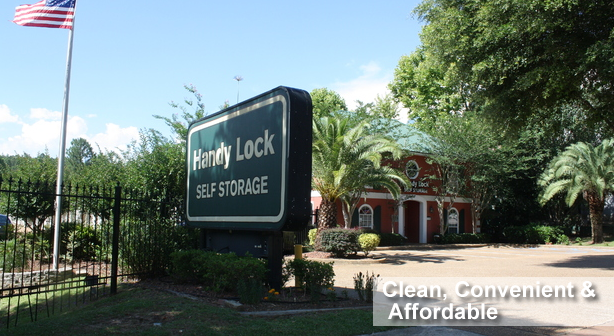

And that’s when you should start dedicating a serious amount of time to it.Īt that point, you won’t have a time constraint because you’ll love spending your free time working on your channel. You can start your channel in your free time… whether that’s after work/school… or even on the weekends.Įventually, sharing your passion with the world - and making videos for your channel - will make you more money than your day job. “How much time do I have to dedicate to this to be successful?”Īs much time as you want. Get Jumpcut Academy 2.0 from Kong And Jesse on (Unless you allow your insecurities to stop you from ever trying in the first place.)

There is not a single thing about you that can stand in your way of being successful on YouTube.

And so does everyone who starts a YouTube channel.ĭon’t let these kind of excuses hold you back. Honestly, back when we started, we sucked. We didn’t wake up one day with perfect public speaking abilities.

Let me tell you a little secret: Nobody is born a successful YouTuber. “What if I’m not good at public speaking… not funny… or not attractive enough?” You will have to step out of your comfort zone, but with Jumpcut Academy, it won’t be a struggle.
#Handylock mississippi how to
We’ll walk you through how to conquer these fears. That’s why we dedicated multiple videos in the first module to teaching you the mindsets necessary to become a social media influencer. We aren’t competing with each other, because there’s literally no way the internet could get overcrowded with viral videos. Think about it: How does something go viral?Īnd there’s no limit to the number of times you can share a video with your friends, right? That’s why there’s an unlimited number of views to go around. Here’s an example: If I have a video go viral that gets 5 million views… those didn’t come from some limited “bank” of views. Nope, not at all – although it definitely seems that way. “But isn’t there too much competition? Isn’t YouTube ‘saturated’?”
#Handylock mississippi full
– A 365 day (yes, a full year) money-back guarantee to prove how much we stand behind our system – $1,332 in free bonuses to guarantee every possible question you have is answered within our program – Access to our exclusive community so you can get advice, feedback, and motivation when you need it – 24 “Accelerator” worksheets with detailed assignments to guide you every step of the way We collect feedback from the people we serve at least annually, We take steps to get feedback from marginalized or under-represented people, We aim to collect feedback from as many people we serve as possible, We take steps to ensure people feel comfortable being honest with us, We look for patterns in feedback based on demographics (e.g., race, age, gender, etc.), We look for patterns in feedback based on people’s interactions with us (e.g., site, frequency of service, etc.– Over 15 hours of premium step-by-step video lessons on how to launch a profitable YouTube channel Which of the following feedback practices does your organization routinely carry out? They feel empowered and don't feel as though they are just recipients. The feedback has really given our clients ownership in the way we provide services. How has asking for feedback from the people you serve changed your relationship? The people we serve, Our staff, Our board, Our funders, Our community partners, With whom is the organization sharing feedback? The form is much easier to fill out & less questions. We streamlined our application process since the pandemic. What significant change resulted from feedback? To identify and remedy poor client service experiences, To identify bright spots and enhance positive service experiences, To make fundamental changes to our programs and/or operations, To inform the development of new programs/projects, To identify where we are less inclusive or equitable across demographic groups, To strengthen relationships with the people we serve, To understand people's needs and how we can help them achieve their goals, How is your organization using feedback from the people you serve? Paper surveys, Community meetings/Town halls, Constituent (client or resident, etc.) advisory committees, How is your organization collecting feedback from the people you serve? People in the communities of Jackson and George counties who are experiencing a health & human services unmet need. Who are the people you serve with your mission? We shared information about our current feedback practices.


 0 kommentar(er)
0 kommentar(er)
